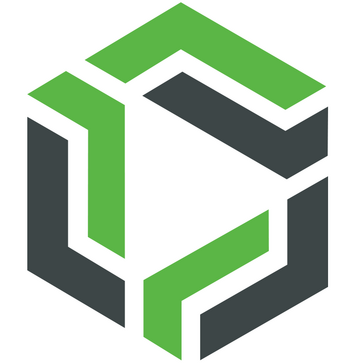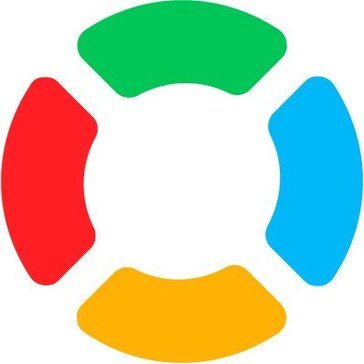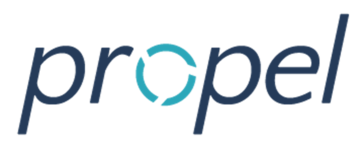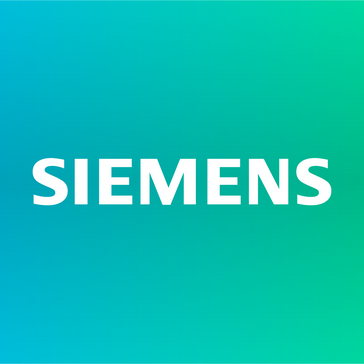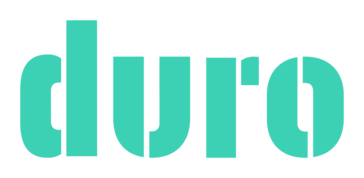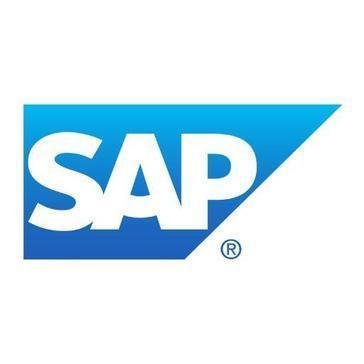Comparison Table For Best PLM Software in 2022
| Alternatives | Free Plan/Trial | Starting Price | Ratings |
|---|---|---|---|
| Arena | On Request | $89.00/Month | 4.1/5 |
| Upchain | Free Plan | $19.95/Month | 4.4/5 |
| OpenBOM | Free Plan | $55.00/Month | 4.3/5 |
| Propel | On Request | $1000.00/Month | 4.2/5 |
| PTC Windchill | Not Available | Contact Vendor | 4.4/5 |
| aPriori | On Request | Contact Vendor | 4.5/5 |
| Teamcenter | On Request | Contact Vendor | 4.0/5 |
| Duro | Free Plan | $450.00/Month | 4.4/5 |
| SAP PLM | Not Available | Contact Vendor | 4.0/5 |
Are you looking for more saas tools for your business? Click here
What is PLM software?
PLM software is a program that handles all of the data and functions at each stage of a product’s or service’s existence across worldwide wide delivery networks. Items, parts, solutions, paperwork, standards, engineering change orders, and quality workflows all contribute to this.
Organizations are adjusting their operational strategies as supply networks have grown increasingly international. To market-fresh products or services, several organizations use integrated software assistance such as product-as-a-service (PaaS). As an outcome, many businesses are realizing that they require cloud-based PLM software that can assist them in being more adaptive and responsive.
Because it offers the digital basis and business product database for comprehensive product development and supply chain strategies, modern PLM software is increasingly becoming the lynchpin of corporate innovation. You can consolidate your product value chain with embedded enterprise planning and supply chain implementation when your work operations are associated with today’s PLM software on a solitary platform. This will assist you to keep driving speedier innovations and strengthen how products are designed, manufactured, maintained, and serviced.
Why use PLM software?
PLM systems, track every step of the product lifecycle, from inception to retirement. PLM can be utilized to enhance output while maintaining stable resources, boost revenues, or decrease the resources required to maintain a constant output. All of this contributes to a higher bottom line. PLM assists organizations in achieving this by assisting them with:
- Enhancements in efficiency
- Boosting the creation of fresh products
- Higher productivity.
- Product efficiency has improved
- Reduced costs
PLMs can also be utilized for regulatory and quality assurance purposes by enabling traceability, which is necessary for a variety of industries.
Who uses PLM software?
PLM was created to aid handle the intricacy of resources with millions of parts received from hundreds of vendors in the aviation and automotive industries.
PLM is no longer confined to a single product; it can now assist any organization that produces products and confronts market challenges like cutting prices, enhancing quality, or reducing duration to market.
PLM software features
Every PLM software should have these features :
- User privilege management
- Change Management
- Item or Business object Management
- BOM or product structure management
- Variant management
- Maintenance of state of item and document
- Information retrieval
- Workflow Management
- Configuration Management
- Project management
- File vault
Benefits of Product Lifecycle Management Software
There are numerous benefits to using a PLM solution. It enhances reliability and product quality, saves prototyping costs, and allows you to identify new development prospects, in contrast to the merits already discussed.
PLM software forms the foundation of any project by increasing acquired knowledge and information and capitalizing on project input. Project managers and general executives can use unified progress metrics to assist establish a strategic vision in addition to the operational benefits the solution provides.
Top Product Lifecycle Management Software
Arena’s complete cloud-based PLM and QMS technology helps companies develop, produce, and distribute new products quickly. It recognises that to develop products and assure regulatory compliance for FDA, ISO, ITAR, EAR, and environmental compliance, modern product companies rely on distributed teams and worldwide supply networks.
Arena works with over 1,300 high-tech electronics and medical device customers all across the globe to combine electrical, mechanical, and software concepts into an unified solution. Arena makes it possible for everyone involved in the product lifecycle to collaborate, boosting visibility and traceability. This streamlines processes, automates review cycles, and reduces errors to boost profit in new product development (NPD) and new product introduction (NPI).
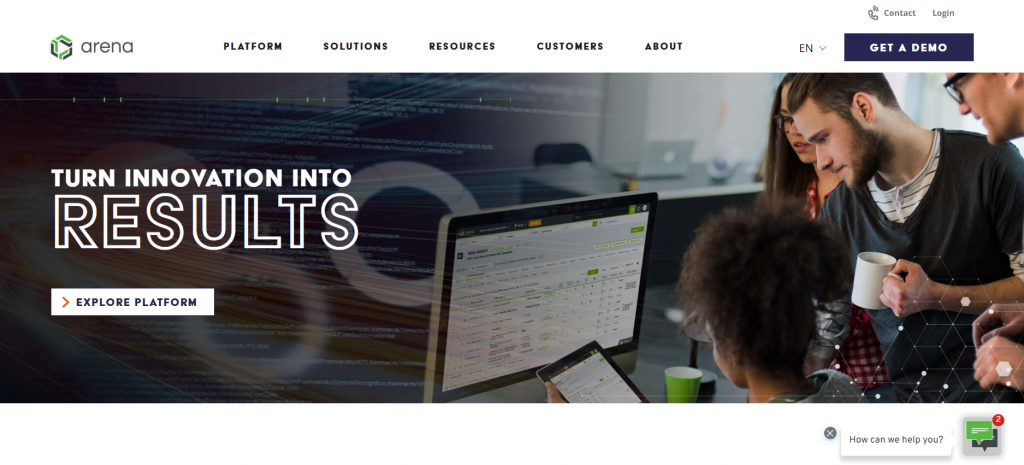
Features
- Supplier Quality Control
- Complaint Management
- Risk Management
- Defect Tracking
- Corrective and Preventive Actions (CAPA)
- Training Management
- ISO Standards Management
- Compliance Management
- Audit Management
- Document Coding & Control
Pricing
Starting Price: $89.00/Month
Upchain is a cloud-based product lifecycle management (PLM) platform that makes product development easier by connecting engineers, designers, project managers, and other key product stakeholders throughout the product lifecycle. Product creativity is now simpler than ever before thanks to Upchain. Leveraging a single, simple platform, managing modifications, seeing CAD files in 3D, and gathering feedback and approvals from any stakeholder. With a PLM built for you, you could get your products out the door in record time and innovate quicker than you ever imagined.
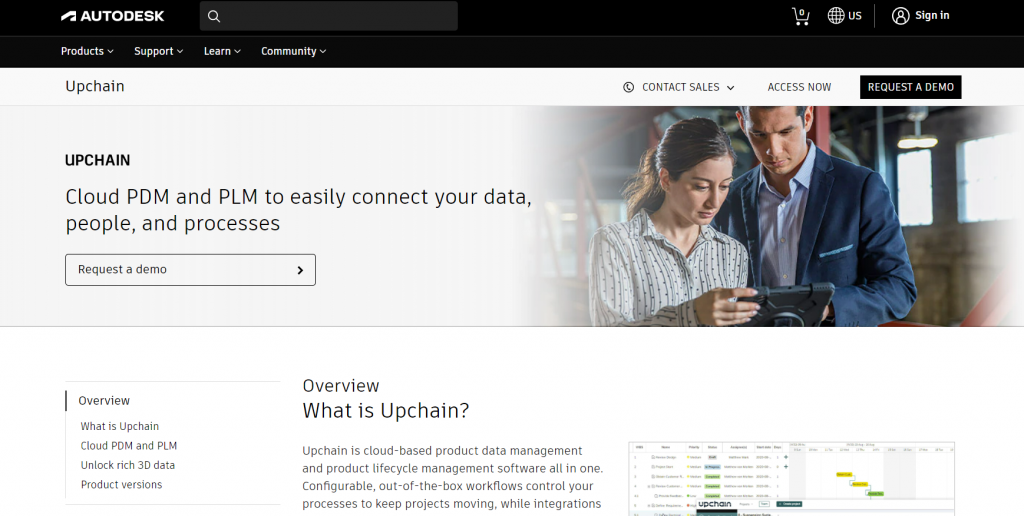
Features
- Access Controls/Permissions
- Compliance Management
- Configurable Workflow
- Data Synchronization
- Cost Tracking
- Customizable Fields
- Product Data Management
- Production Tracking
- Progress Tracking
- Project Management
- Project Workflow
Pricing
Starting Price: $19.95/Month (Free Plan is also available)
OpenBOM is a digital network-based solution that links producers and supply chain hubs while managing product data. Parts (Items), Item Masters (Catalogs), Documents, Bill of Materials, Vendors, Planning, and Purchase Orders are all managed using OpenBOM. OpenBOM unifies your organization’s disparate data silos (CAD, BOMs, POs, ERP/PLM, and more) into a single, manageable linked process.
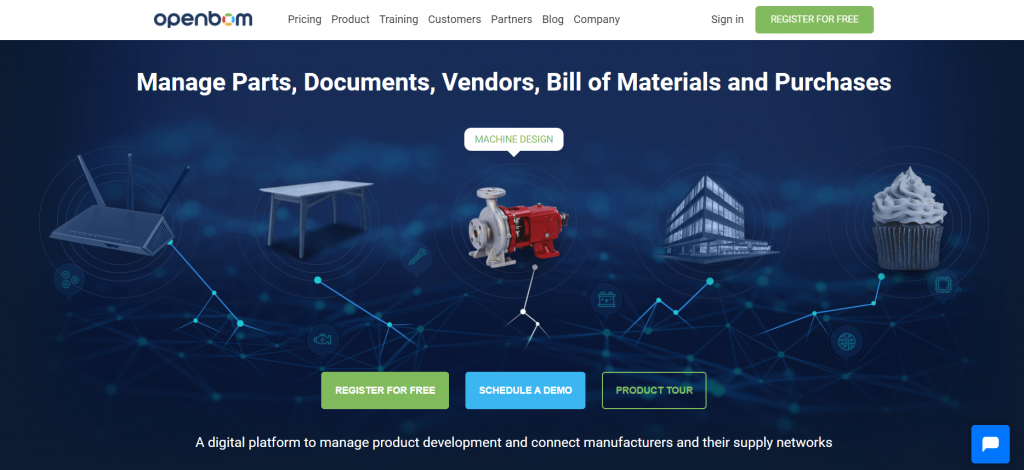
Features
- Product Data Management
- Collaboration
- CAD
- New Product Introduction
- Bill of Materials
- Integration
- Analytics
Pricing
Starting Price: $55.00/Month (Free Plan is also available)
Propel’s enterprise cloud software is the potential brand’s innovation platform. It provide the unique comprehensive Product Lifecycle Management (PLM), Product Information Management (PIM), and Quality Management Systems (QMS) solutions in the globe, enabling all of company workers, partners, and customers to bring your finest concepts to marketplace.
Propel has created the only fully interconnected PLM, PIM, and QMS solutions based on Salesforce, the world’s most secured, trusted, and versatile cloud platforms. Our SaaS PLM, PIM, and QMS software makes it easier for everybody to engage on all of the product details essential for market success, and it only takes a few weeks to get up.
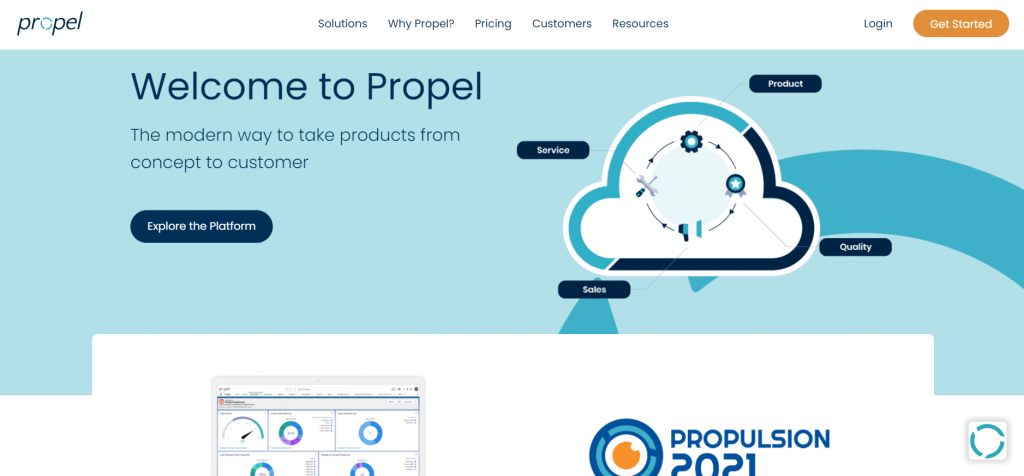
Features
- Activity Dashboard
- Audit Management
- Bill of Material Analysis
- Cataloging/Categorization
- Collaboration Tools
- Compliance Management
- Corrective and Preventive Actions (CAPA)
- Third Party Integrations
- Training Management
- Reporting & Statistics
- Requirements Management
- Risk Assessment
Pricing
Starting Price: $1000.00/Month
Windchill is a product lifecycle management (PLM) platform that enables product data management, product analytics, and product quality throughout the product lifecycle by providing a single source of truth for product data and processes. Windchill brings product data management together in one area, enabling sharing and collaboration on multi-CAD and product data both inside and outside the company. View, modify, and collaborate on various types of digital product data in 2D, 3D, and augmented reality.
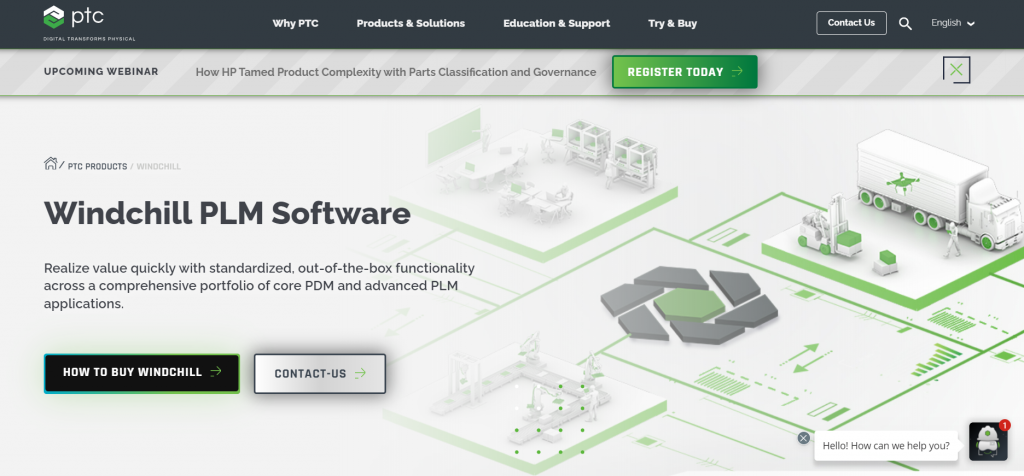
Features
- Design Management
- Product Analytics
- Product Data Management
- Product Lifecycle Management
- Project Management
Pricing
Starting Price: Not provided by vendor, Please contact PTC for more information on pricing.
aPriori is a major developer of digital manufacturing tool that bridges the gap between design and production by bringing product design, sourcing teams, and supplier teams closer together. It provide design for manufacturability (DFM) and design for cost (DTC) analytics seamlessly by combining the virtual model with the digital facilities, allowing manufacturers to cooperate across the product development process to make better design, sourcing, and manufacturing decisions.
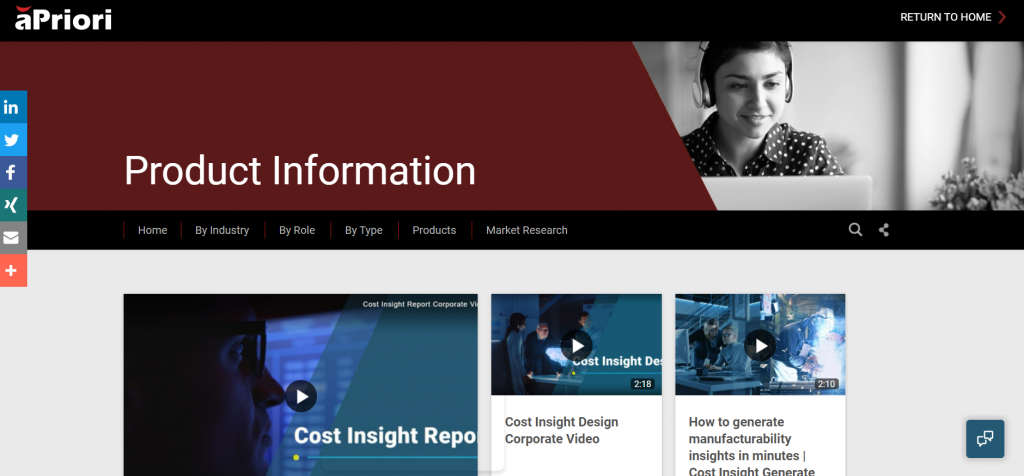
Features of PLM Software aPrior
- Quotes/Estimates
- Workflow Management
- Cost Tracking
- Product Data Management
- Design Management
- Automated Quoting
- Reporting/Analytics
- Supplier Management
- Collaboration Tools
Pricing
Starting Price: Not provided by the vendor, Please contact aPriori for more information on pricing.
Teamcenter is a product lifecycle management software that includes capabilities like BOM management, document management, and NX integration to help businesses better manage product data, procedures, and visibility throughout all teams. Aerospace and defence, electronics, consumer products and retail solutions, heavy equipment and industrial gear, as well as energy and utility organisations, all benefit from this solution.
Teamcenter allows them to manage their electrical, mechanical, simulation, and software data from an one location. Users may view kinds and dates of modifications, maturity levels, and observe how changes effect all products or documents in the business with Teamcenter’s change management function. Companies can visualise and measure the BOM without having to use the CAD authoring tools it was created in with BOM management features.
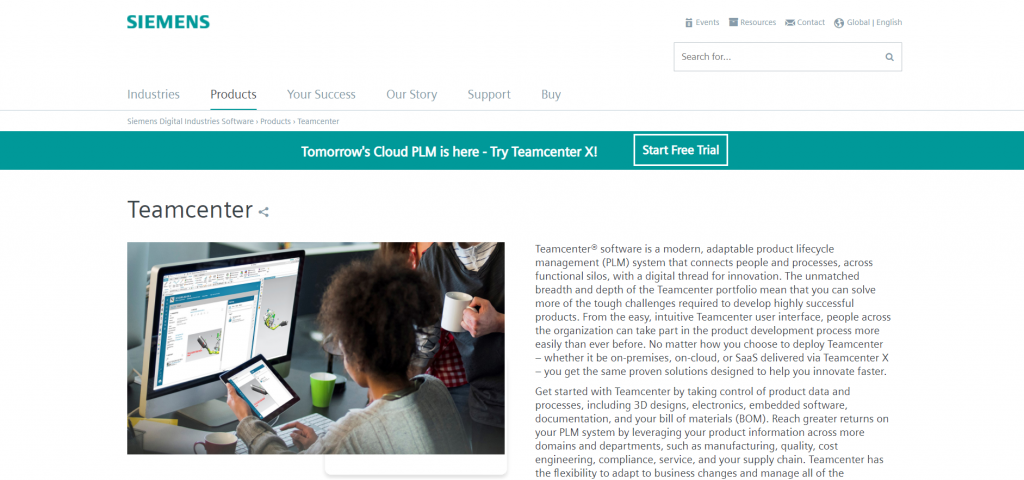
Features of PLM Software Teamcenter
- Design Management
- Project Management
- Change Management
- Compliance Management
- Requirements Management
- Supplier Management
Pricing
Starting Price: Not provided by vendor, Please contact Teamcenter for more information on pricing.
Duro assists modernized hardware product firms in accelerating product development and manufacturing operations in order to stay competitive. Duro enables firms to effectively manage risk and keep all departments aligned by enabling more data openness and improved inter-departmental communication. Duro brings together other important business technologies, such as CAD and ERP, into a consolidated basis of truth, with the quickest go-live time in its category.
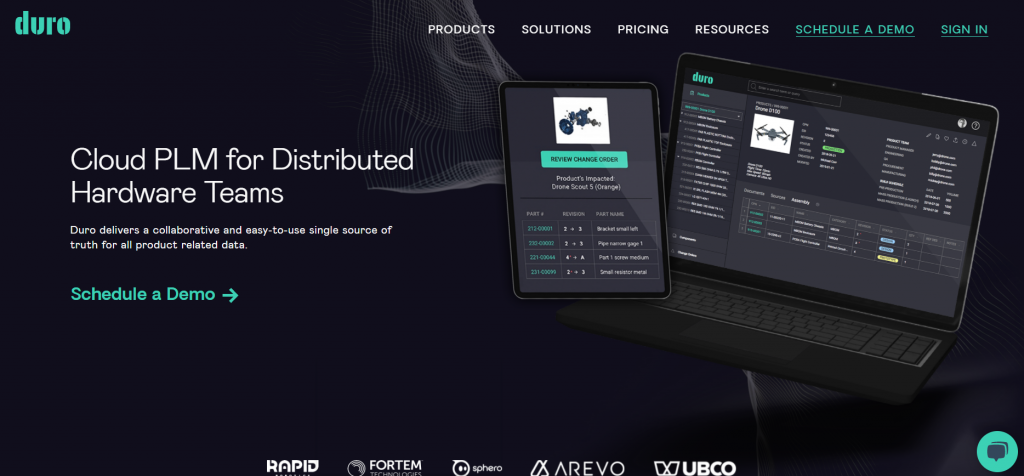
Features of PLM Software Duro
- Bill of Materials
- Engineering Change Management
- Product Data Management
- Collaboration
- New Product Introduction
- CAD
Pricing
Starting Price: $450.00/Month (Free Plan is also available)
SAP PLM is a product lifecycle management (PLM) solution that helps companies plan, create, and manage their whole manufacturing supply chain. On a single platform, professionals may handle project portfolios, product data variants, costing, engineering, development, and compliance processes.
SAP PLM, which is included in SAP Business Suite, enables stakeholders to streamline product development and recycling projects, receive feedback from customers or field engineers, communicate with designers, and reinvent goods depending on market need. It includes file management, portfolio management, an engineering portal, workflow administration, and real-time production control, among other things.
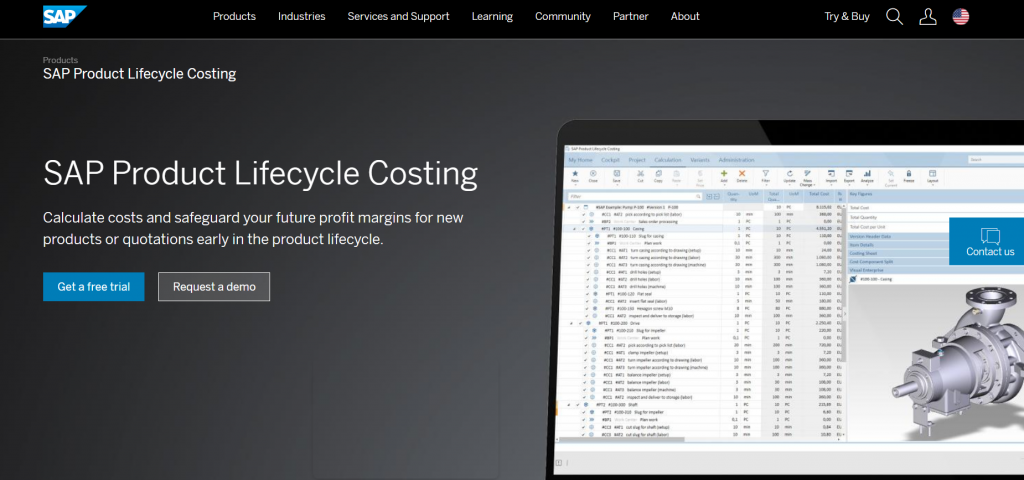
Features of PLM Software SAP
- Requirements Management
- Supplier Management
- Change Management
- Compliance Management
- Document Management
- Product Data Management
- Project Management
Pricing
Starting Price: Not provided by the vendor, Please contact SAP for more information on pricing.
PLM Software Process
There is no single industry standard when it comes to describing the stages of product development. The phases listed below, on the other hand, reflect a normal development cycle.
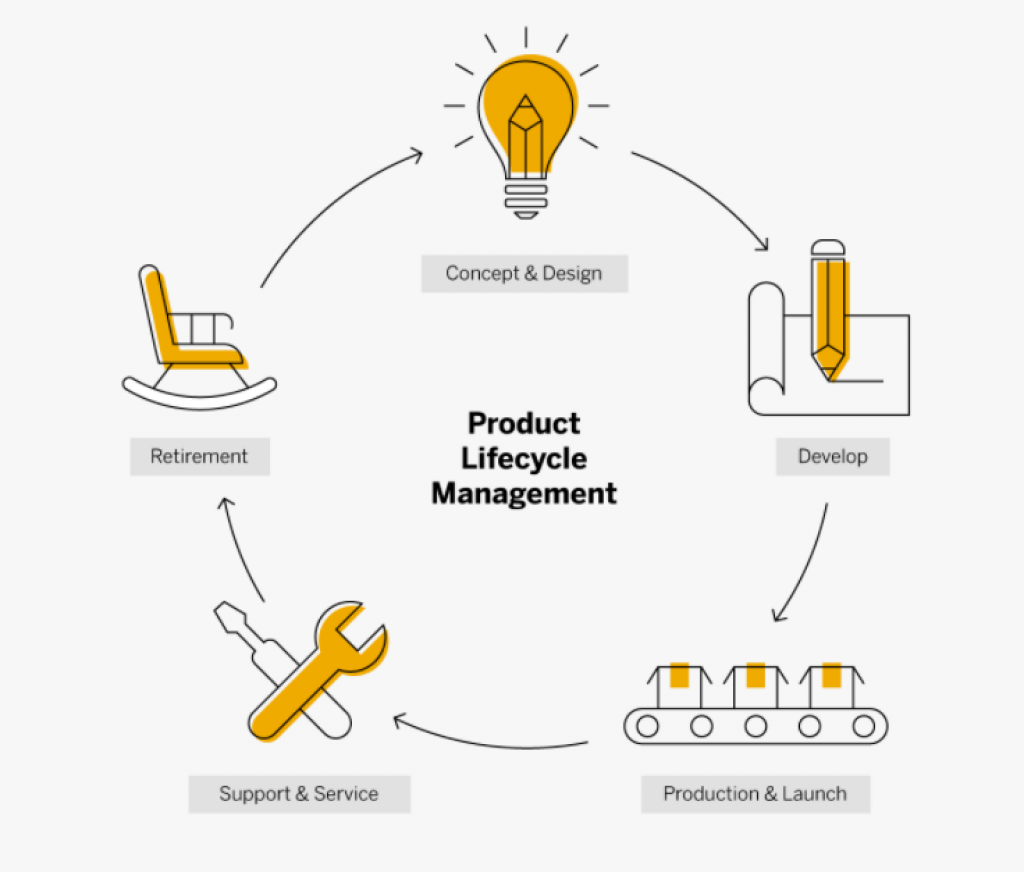
- Concept and design: Defining a product’s specifications based on criteria such as competitive analyses, market gaps, or consumer needs during the ideation stage.
- Develop: The product’s comprehensive design, as well as any relevant tool designs, will be prepared. Verification and evaluation of the anticipated product, as well as prototype building and field testing, are all part of this step. This provides critical feedback on how the product is being utilised and what improvements are required.
- Production and launch: Based on the results of the pilot, the design and other components are tweaked to create a market-ready model. The newest product’s manufacturing is ramped up, then launched and distributed to the market.
- Service and support: The span of time following the launch of a new product during which service and support is provided.
- Retirement: At the conclusion of a product’s lifecycle, its removal from the marketplace, as well as any retrials or absorption into other concept concepts, must be handled.
Conclusion
PLM is a People-Centric Technology because it handles the entire eco-system of a company’s business administration and product design and development administration.
PLM software is scalable, and it can also be heavily customized to combine a company’s many tasks and procedures in order to meet their individual demands.
As a result, PLM might act as the company’s foundation, assisting organizations in achieving all of their Product, Process, and Management goals in the most effective, cost-effective, and effective manner possible.
Intelligent and performance-driven businesses should build and implement a system that allows them to improvise, inspire, and innovate in order to develop exceptional products through efficient procedures at affordable prices in a shockingly short time frame.
Innovation is mostly influenced by “how you do” rather than just “what you do.” Unique approaches and processes help to foster innovation, which leads to the creation of a “never before manufactured product.” The ability to think differently leads to the creation of unique items. And a well-managed company eventually becomes well-known.
FAQ For PLM Software
What Is PLM Software?
At its most basic level, product lifecycle management (PLM) is the strategic process of overseeing a product’s whole path from conception to development, servicing, and obsolescence. To put it another way, PLM refers to the process of handling a product from conception to disposal.
Why Should You Prefer PLM Software?
The engineering and operations teams aren’t the only ones who use the software. PLM software controls the entire product lifecycle, allowing for a comprehensive perspective of the product. It encompasses a wide range of aspects of product development across numerous worldwide cross-functional groups.
What is the distinction between PLM and ERP?
A PLM system gives a complete history of past, present, and future changes to items, parts, assemblies (BOMs), AML, AVL, and more, whereas an ERP system helps a corporation manage transactional operations surrounding manufacturing an item.

